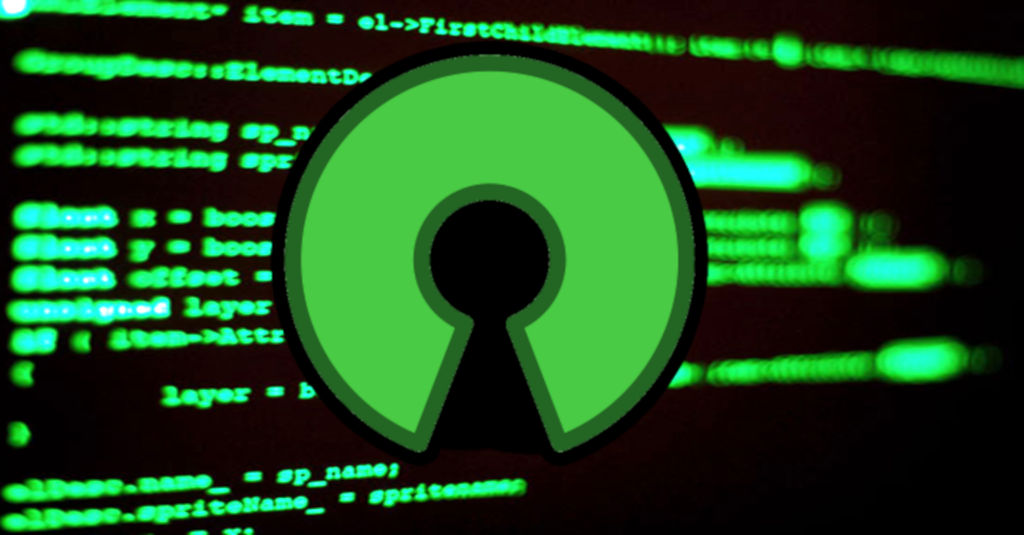Learning in Public and Open Source, A System Software Engineer's Journey
As a system software engineer, continuous learning and staying up-to-date with the latest technologies and trends are essential for professional growth. One of the most effective ways to achieve this is by embracing the concepts of learning in public and contributing to open source projects. In this article, we will explore how learning in public and engaging with the open source community can enhance your skills and help you thrive as a software engineer.
Table of Contents
- What is Learning in Public?
- Benefits of Learning in Public
- Open Source as a Learning Platform
- How to Get Started
- Embrace the Journey
- Resource
What is Learning in Public?
Learning in public is the act of sharing your learning journey, experiences, and insights with others. It involves documenting your progress, challenges, and achievements through blog posts, social media updates, videos, or any other medium of your choice. By learning in public, you not only solidify your own knowledge but also provide valuable resources and inspiration to others in the tech community.
Benefits of Learning in Public
1. Reinforcing Your Understanding
Explaining complex concepts to others requires a deep understanding of the subject matter. When you learn in public, you naturally develop the ability to articulate your thoughts and ideas clearly. This process strengthens your own understanding and helps you fill gaps in your knowledge.
2. Building a Personal Brand
By sharing your expertise and experiences, you establish yourself as an authority in your field. Your blog posts, tutorials, and open source contributions become a testament to your skills and passion. This, in turn, can lead to new opportunities, collaborations, and even job offers.
3. Expanding Your Network
Learning in public provides opportunities to connect with like-minded individuals and experts in the industry. As you engage with the community, you build relationships with fellow engineers, potential mentors, and even future colleagues. These connections can offer valuable insights, guidance, and support throughout your career.
4. Receiving Feedback and Iterating
When you learn in public, you invite feedback from others who are also passionate about the subject matter. This feedback can help you identify blind spots, correct misconceptions, and improve your work. Embracing constructive criticism is crucial for growth as a system software engineer.
Open Source as a Learning Platform
Open Source is better than any course you can buy (sorry not sorry)
— Eddie Jaoude | EddieHub | Open Source GitHub Star (@eddiejaoude) July 15, 2023
Open source software is built collaboratively by a community of developers. Engaging with open source projects provides a unique opportunity to learn, contribute, and showcase your skills. Here’s how open source can benefit you as a software engineer:
1. Real-World Experience
Contributing to open source projects exposes you to real-world codebases, challenges, and best practices. You get hands-on experience working with complex systems and gain insights into how software is developed collaboratively in a team setting. This practical experience is invaluable in enhancing your problem-solving and software engineering skills.
2. Collaboration and Mentorship
Open source projects thrive on collaboration. By contributing to a project, you join a community of developers who are passionate about the same technology. This community becomes a valuable resource for learning and mentorship. You can seek guidance from experienced contributors, collaborate with others on solving issues, and gain exposure to diverse perspectives.
3. Portfolio Showcase
Your contributions to open source projects serve as evidence of your technical proficiency. Hiring managers and recruiters often look for candidates with a track record of open source contributions. By actively participating in the open source community, you build a strong portfolio that showcases your ability to work with others and deliver high-quality code.
4. Learning from Peers
Open source communities attract talented developers from various backgrounds and expertise levels. By observing and collaborating with these individuals, you gain exposure to different approaches, coding styles, and problem-solving techniques. This exposure helps broaden your knowledge and enhances your ability to tackle complex challenges.
How to Get Started
Getting started with learning in public and contributing to open source can be a bit overwhelming at first. Here are some steps to help you begin your journey:
Identify Your Interests: Determine which technologies or projects align with your interests and career goals. Choose a focus area where you can make meaningful contributions and learn simultaneously.
Start Small: Begin by documenting your learning process through blog posts or social media updates. Share your progress, insights, and challenges. Embrace vulnerability and be open to feedback from the community.
Find Open Source Projects: Explore popular open source platforms like
GitHub,GitLab, orBitbucketto discover projects that resonate with your interests. Look for beginner-friendly issues or projects that welcome new contributors.Contribute and Collaborate: Start by fixing small issues, adding documentation, or improving existing features. Engage with the project’s community through forums, mailing lists, or chat platforms. Seek guidance, offer help, and collaborate with other contributors.
Remember, every contribution, no matter how small, has the potential to make a difference.
Document Your Contributions: Keep track of your open source contributions and accomplishments. Maintain a portfolio website or a GitHub repository where you can showcase your work to potential employers and collaborators.
Stay Consistent: Make learning in public and contributing to open source a regular practice. Dedicate time each week to share your progress, learn from others, and contribute to open source projects. Consistency is key to building momentum and establishing yourself as an active member of the community.
Embrace the Journey
Learning in public and engaging with the open source community can be a transformative experience for system software engineers. It not only enhances your technical skills but also nurtures your passion for learning and sharing knowledge. Embrace the journey, embrace the community, and let your contributions shape the future of software engineering.
